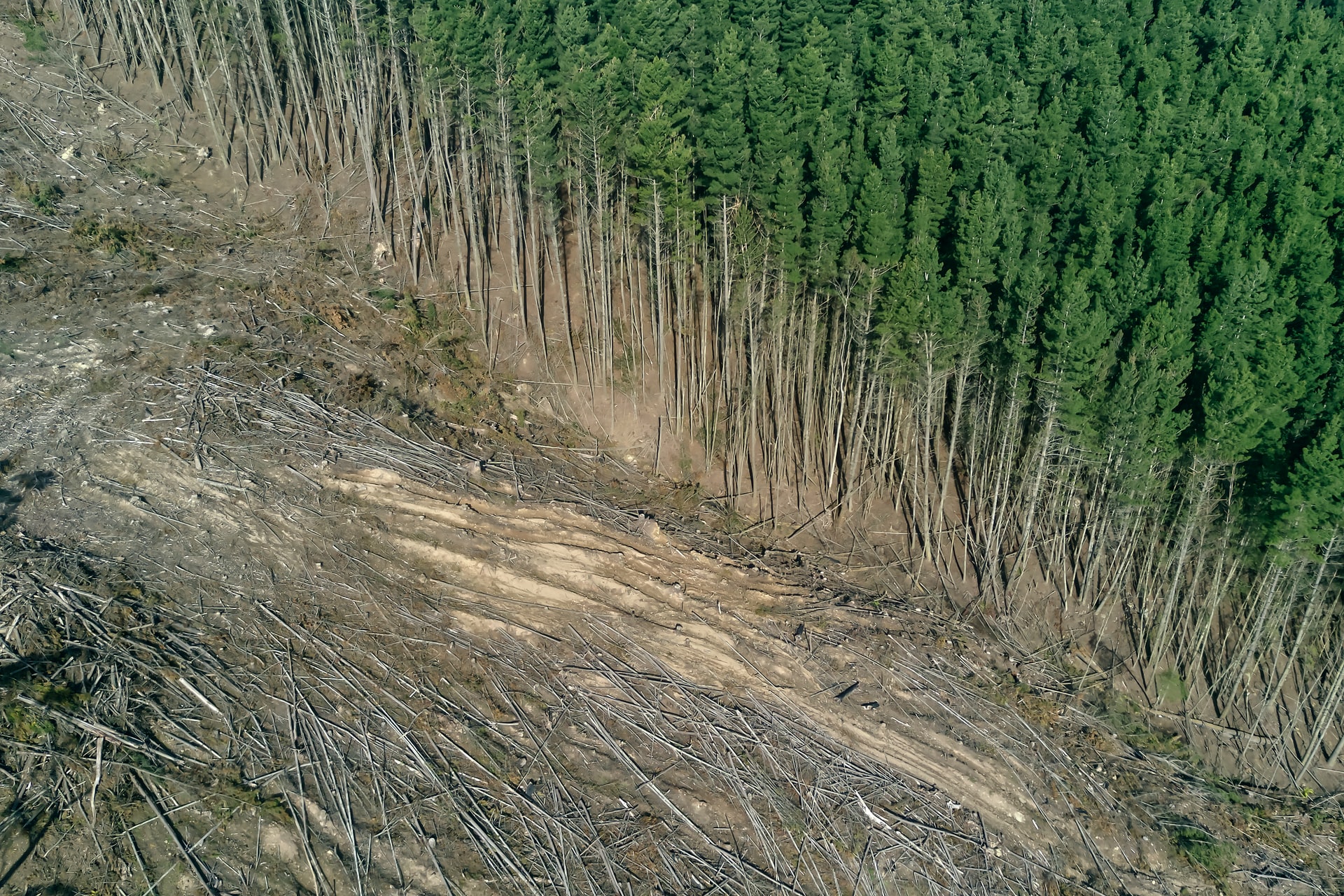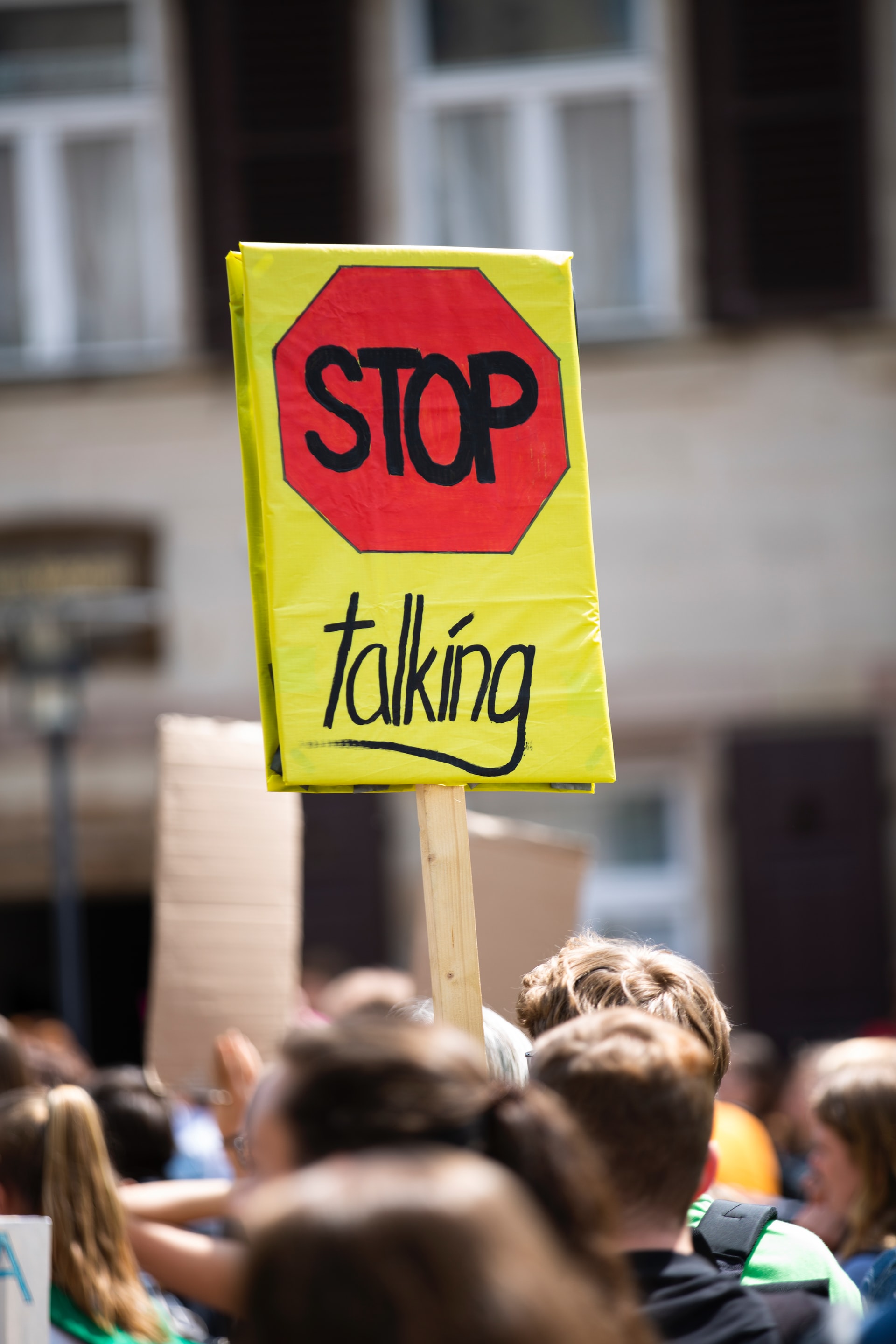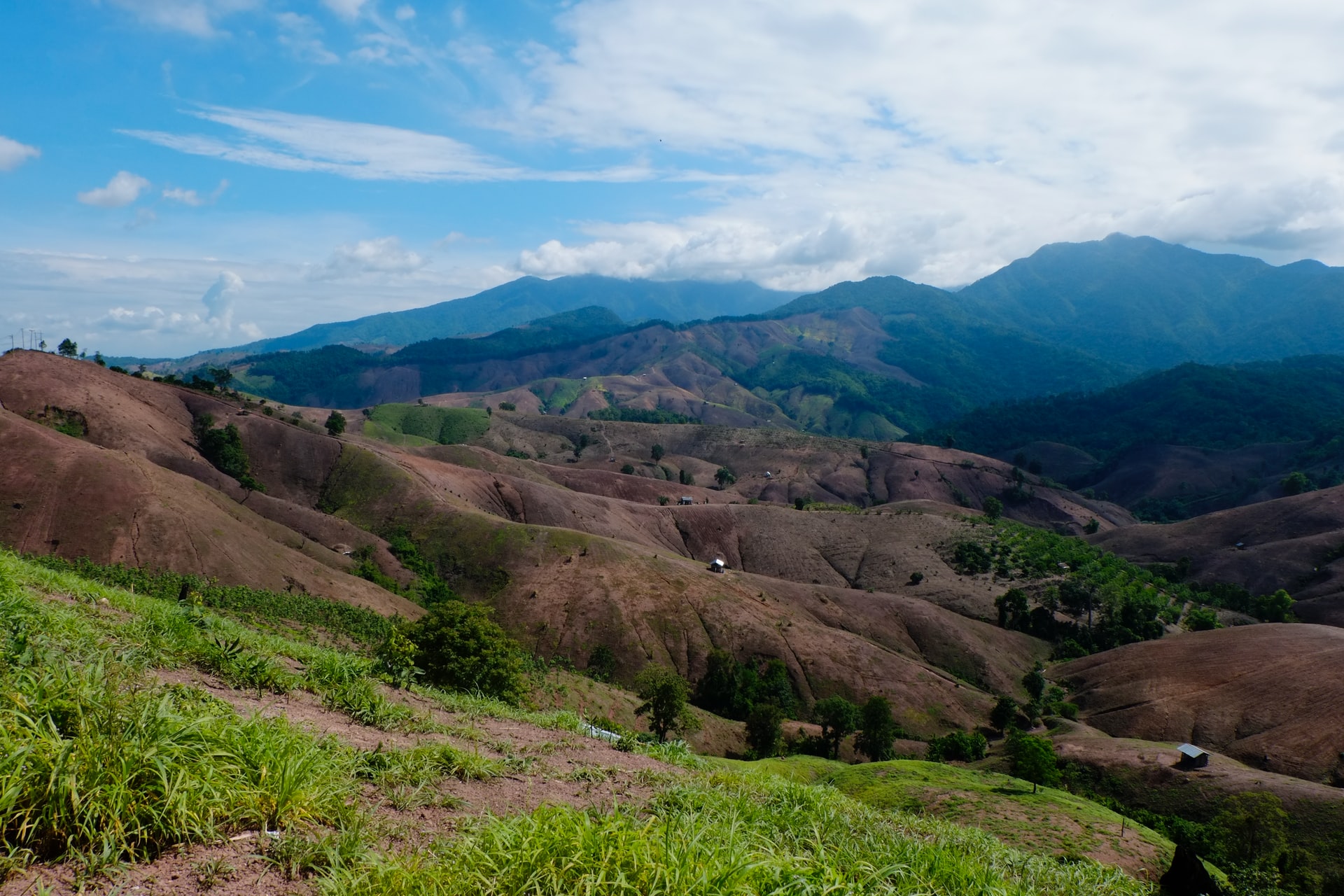
- Sustainable Planet -
- 8mins -
- 213 views
100+ World leaders pledge to end deforestation by 2030
Historic declaration at COP26 UN climate change conference in Glasgow — more than 100 world leaders agree a deal to halt and reverse global deforestation over the next decade as part of a multibillion-dollar package to tackle human-caused greenhouse gas emissions.
100+ world leaders commit to reversing deforestation by 2030
More than 100 world leaders representing over 85% of the world’s forests have pledged to halt and reverse deforestation and land degradation by 2030, the U.K. government announced Monday 1 November, as the COP26 conference continued in Glasgow, Scotland.

Over 100 global leaders pledge to end deforestation by 2030
GLASGOW, 2 Nov – More than 100 global leaders have pledged to halt and reverse deforestation and land degradation by the end of the decade, underpinned by $19 billion in public and private funds to invest in protecting and restoring forests.
The promise, made in a joint statement issued late on Monday at the COP26 climate talks in Glasgow, was backed by the leaders of countries including Brazil, Indonesia and the Democratic Republic of Congo, which collectively account for 85% of the world’s forests.
The Glasgow Leaders’ Declaration on Forest and Land Use will cover forests totaling more than 13 million square miles, according to a statement released by the UK prime minister’s office on behalf of the leaders.
"We will have a chance to end humanity’s long history as nature’s conqueror, and instead become its custodian," said British leader Boris Johnson, calling it an unprecedented agreement.
U.S President Joe Biden said a new U.S. plan would "help the world deliver on our shared goal of halting natural forest loss" and restoring at least an additional 200 million hectares of forest and other ecosystems by 2030.
"We’re going to work to ensure markets recognise the true economic value of natural carbon sinks and motivate governments, landowners and stakeholders to prioritise conservation," Biden said.
Several additional government and private initiatives were launched on Tuesday (2 November) to help reach that goal, including billions in pledges for indigenous guardians of the forest and sustainable agriculture.
Source: Reuters

Scientists fear for the Amazon
Monday’s agreement vastly expands a similar commitment made by 40 countries as part of the 2014 New York Declaration of Forests and goes further than ever before in laying out the resources to reach that goal.
Under the agreement, 12 countries including Britain have pledged to provide £8.75 billion ($12 billion) of public funding between 2021 and 2025 to help developing countries, including in efforts to restore degraded land and tackle wildfires.
At least a further £5.3 billion would be provided by private sector investors.
Brazil signed on to the agreement despite soaring deforestation of the Amazon rainforest under right-wing President Jair Bolsonaro.
Scientists fear destruction of the Amazon, the world’s largest rainforest, may push it beyond a point of no return, when it can no longer sustain itself and dries out into savanna. That would release massive amounts of greenhouse gas and be catastrophic for the global climate.
Brazil separately on Monday announced a more aggressive target to end illegal deforestation by 2028.
Carlos Nobre, one of the leading climatologists studying the Amazon, said Brazil has yet to show it is effective at enforcing the laws prohibiting most deforestation, despite the pledge.
"There’s no way to believe that the president has changed his historic policy position," he told Reuters.
Although there are signs that Amazon deforestation has come down marginally in 2021, destruction remains at a level not seen since 2008.
Gabon, also signed onto the agreement, despite plans to continue logging while using practices to reduce its greenhouse gas emissions.
Source: Reuters

COP26 aims to keep alive a target of capping global warming at 1.5 degrees Celsius
Five countries, including the Britain and United States, and a group of global charities on Tuesday also pledged to provide $1.7 billion in financing to support indigenous people’s conservation of forests and to strengthen their land rights.
Environmentalists say that indigenous communities are the best protectors of the forest, often against violent encroachment of loggers and land grabbers.
"There is no way to talk about emissions reductions without the participation of indigenous people," said Telma Taurepang, a member of the Taurepang indigenous tribe and coordinator of the Union of Indigenous Women of the Brazilian Amazon.
Taurepang said she did not believe the money would bring real benefit to indigenous people as global leaders still fail to sufficiently consult them, particularly in countries like Brazil where governments strongly support mining and industrial agriculture.
More than 30 financial institutions with more than $8.7 trillion in assets under management also said they would make "best efforts" to eliminate deforestation related to cattle, palm oil, soy and pulp production by 2025.
COP26 aims to keep alive a target of capping global warming at 1.5 degrees Celsius (2.7 Fahrenheit) above pre-industrial levels. Scientists say forests and so-called nature-based solutions will be vital to reaching that goal.
Woodlands have removed about 760 million tonnes of carbon every year since 2011, offsetting about 8% of carbon dioxide emissions from fossil fuels and cement, according to the Biomass Carbon Monitor project backed by data analytics firm Kayrros and French research institutions.
"Our biosphere is really helping bail us out for the time being, but there is no guarantee those processes will continue," said Oliver Phillips, an ecologist at the United Kingdom’s University of Leeds.
Source: Reuters

A breakdown of the major pledges made at COP26 so far
Here’s a breakdown of the major pledges made at COP26 so far, compiled by Axios:
Global pledges:
- Over 100 countries representing more than 85% of the world’s forests committed to halting and reversing deforestation and land degradation by 2030.
- 105 world leaders signed onto the Global Methane Pledge, a U.S. and EU joint initiative to cut methane emissions by 30% by 2030.
- The U.S., U.K., France, Germany and EU said they would dedicate $8.5 billion to help South Africa decarbonise its coal-heavy energy system.
Country-level commitments:
- India pledged to cut its carbon emissions to net zero by 2070 and increase its share of renewable energy output from 450 gigawatts (GW) per year to 500GW.
Other initiatives:
- The U.K., U.S. and several other countries, along with the Bezos Earth Fund and the EU pledged more than $1.5 billion to protect forests, peatlands and other critical carbon stores in the Congo Basin Plan, the UN said.
- Jeff Bezos committed $2 billion to "restoring natural habitats and transforming food systems."
- The Rockefeller Foundation, the IKEA Foundation and the Bezos Earth Fund launched the Global Energy Alliance for People and the Planet to tackle access to renewable energy across Africa, Asia and Latin America during the next decade. The alliance will also include governments and world governing bodies such as the Asian Development Bank, the World Bank, Italy, the U.K. and Denmark.
The big picture: The pledges made at COP26 follow commitments announced in the lead up to the summit.
- The U.S. in September, for example, pledged to double its public climate finance commitment to $11.4 billion annually.
- China, whose leader is not attending COP26, announced an end to building coal-fired power plants abroad. It did not offer any new pledges at COP26.
- Yes, but… Both of these steps come with significant caveats: the U.S. pledge has to go through Congress, while China said nothing about halting domestic coal use, Axios’ Freedman notes.
- Be smart…. The pledges made so far are just that: pledges. They are not mandatory, and no one will be punished for failing to live up to them. However, they signal the momentum behind certain aspects of climate action, and offer hope for effective actions despite the lack of a mandatory regime.
The UK is currently hosting COP26 in Glasgow, Scotland. For the latest updates, follow @COP26 on Twitter.
Source: compiled by Noah Garfinkel for Axios.com


